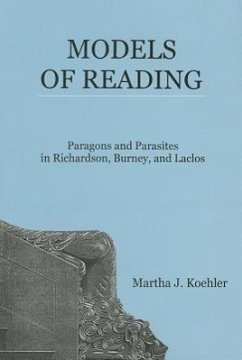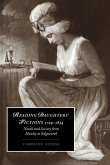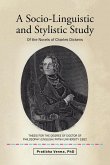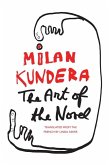Two predominant critical assumptions about Samuel Richardson--that he is a feminist and that his novels aim to exert a straightforward didactic influence on readers--are challenged by this comparative study of female exemplarity in Clarissa, Sir Charles Grandison, Evelina, and Les Liaisons dangereuses in a theoretically and historically informed context, in order to investigate the ideologically charged terrain of models and modeling in eighteenth-century epistolary fiction. The female subjectivity transacted by Clarissa's text-reader relation is imagined as a site not of ethical transformation but of crippling shame and self-reproach. Koehler's readings produce a trajectory in which Burney and Laclos, writing within thirty-five years of Clarissa's publication, reject Richardson's use of female exemplarity as a weapon.
Hinweis: Dieser Artikel kann nur an eine deutsche Lieferadresse ausgeliefert werden.
Hinweis: Dieser Artikel kann nur an eine deutsche Lieferadresse ausgeliefert werden.







![How to Read Literature Like a Professor [Third Edition] How to Read Literature Like a Professor [Third Edition]](https://bilder.buecher.de/produkte/69/69703/69703921m.jpg)
